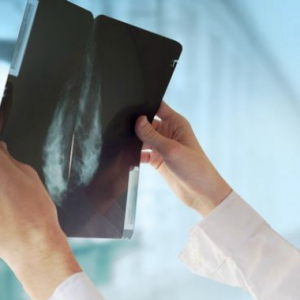
More breast cancer patients can safely forgo chemotherapy: Study – an article from Science Daily.
healthyliving April 9th, 2019
Posted In: cancer care
Tags: breast cancer, cancer, chemo, chemotherapy

“When Cancer Can’t Be Cured, Low-Dose Chemo Aims To Keep It In Check,” an article from CommonHealth, can be accessed here.
This article is interesting because it notes that an oncologist at Tufts Medical Center uses low dose metronomic chemotherapy. In addition, an oncologist at Mass. General Hospital believes it may potentiate the effectiveness of immunotherapy. And finally, Dr. Schilsky, the director of ASCO, says, “It’s an interesting theory. It’s supported to some extent by laboratory studies.”
Dr. Schilsky also stated “the highest quality trials that have been done so far have generally not proven low-dose chemo to be better than conventional chemo.” As stated in the article, there is no large study, which randomizes standard of care maximum tolerated dose chemotherapy against low dose metronomic chemotherapy.
Unfortunately, it is unlikely that a study like this will ever be done due to lack of funding. What I find extremely interesting is that Dr. Schilsky said that “the highest quality trials that have been done so far have generally not proven low-dose chemo to be better than conventional chemo.” I assume that when Dr. Schilsky uses the term “better,” he means affords the patient longer survival (although it is not clear what he actually means). But even if a trial were to be performed, and low dose chemotherapy did not allow patients to live longer than maximum tolerated dose, is it possible that the improved quality of life from low dose chemotherapy in fact makes it “better?”
healthyliving December 6th, 2018
Posted In: cancer care
Tags: chemo, chemotherapy, low-dose chemo, low-dose chemotherapy